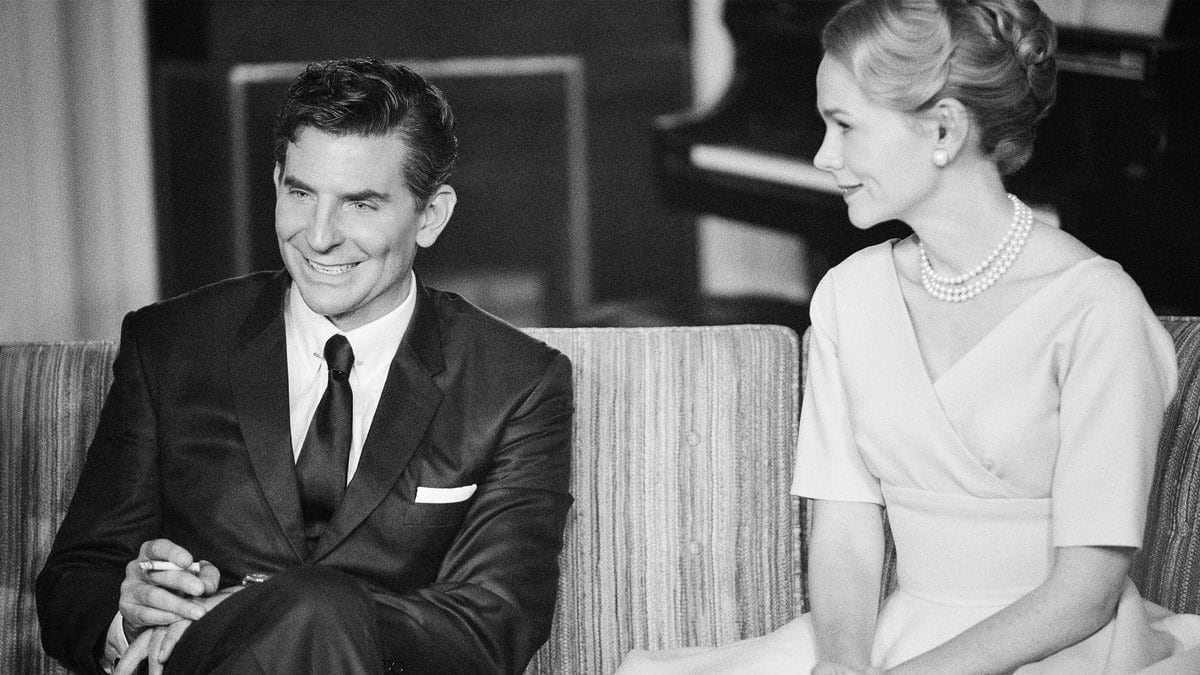Bradley Cooper’s ‘Maestro’ Crackles With Showmanship—Sometimes Too Much of It
SOMETHING’S COMING
Bradley Cooper’s Leonard Bernstein biopic is stranger than you’d expect, filled with ambitious filmmaking and showy performances—some of which work, all of which are ponderous.

Trending Now





